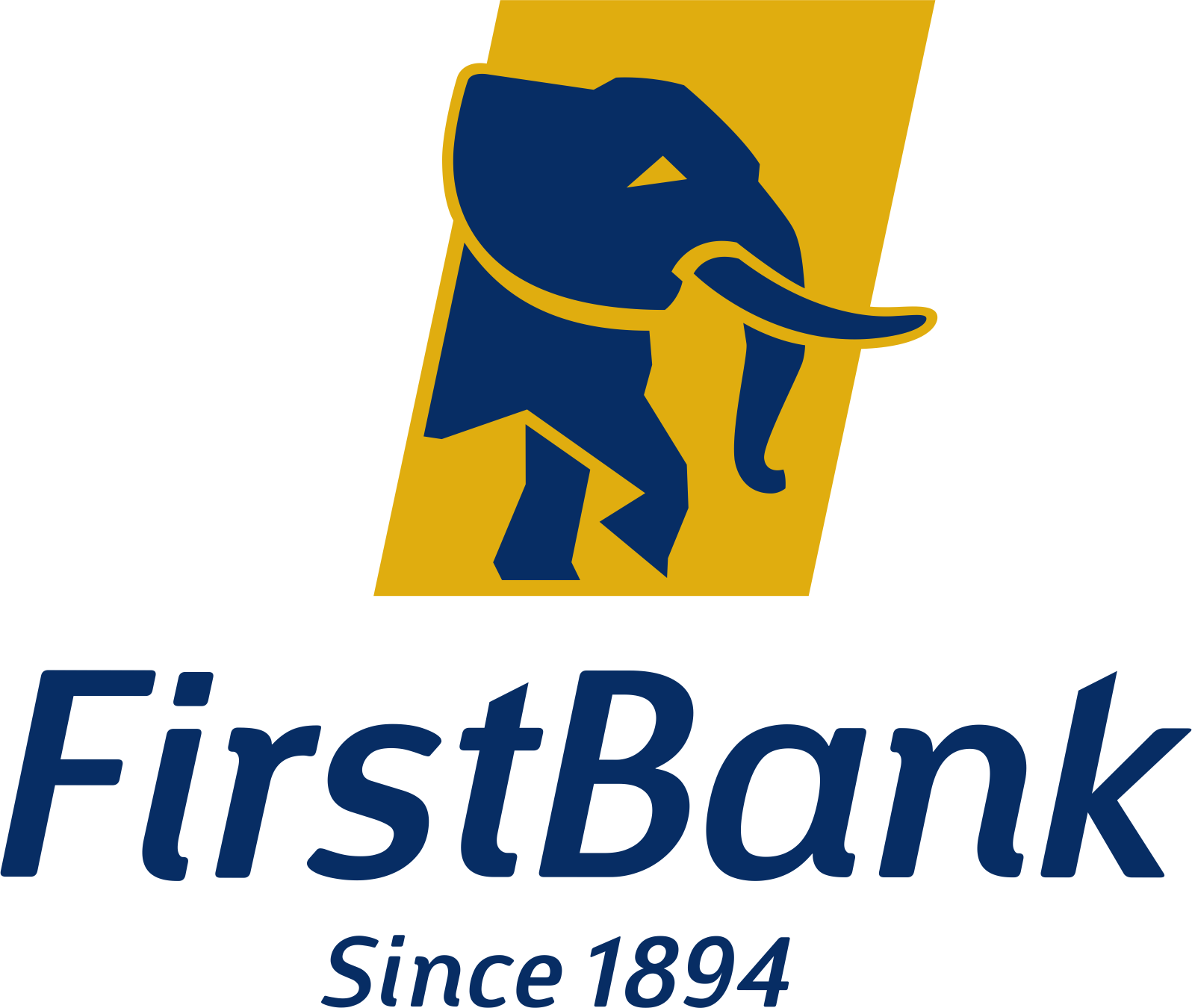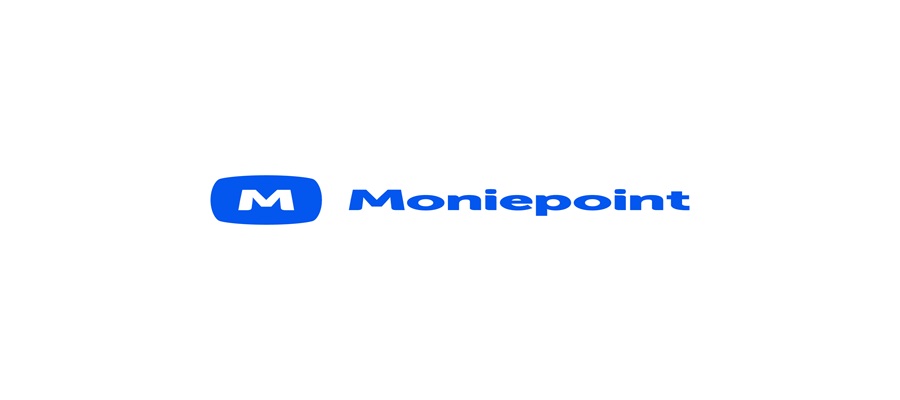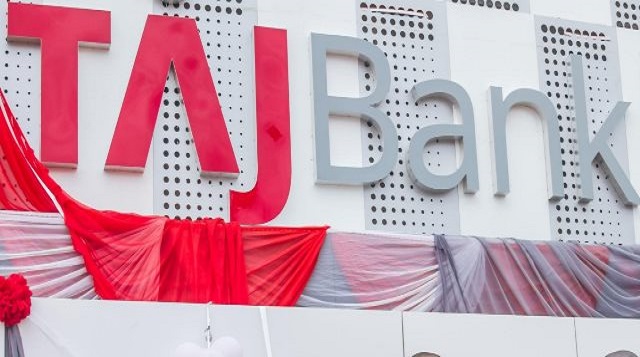E-Financial
First Bank Sponsors Duke of Shomolu Production as Awo, Aremu Hits the Stage

First Bank of Nigeria Limited has announced its sponsorship of ‘A Deep Dive Into History’, a theatre production from the Duke of Shomolu (DOS) Production House, spearheaded by Joseph Edgar. A deep dive into history comprises two exciting stage plays – Aremu and Awo, showing from August 22 and will run every Sunday till September 12, 2021 at the legendary Glover Memorial Hall, Marina, Lagos.

Aremu is a powerful depiction of the life and times of Chief Olusegun Obasanjo (GCFR), former president of Nigeria. The play takes us through his birth, the errant stages of his adulthood, exploring his peasant background, his travails as a freedom and human rights crusader and other milestones. Aremu is a rich cultural play that preaches hope to the audience that they can be whoever they want to be. The play was written by Ahmed Yerima, a professor and former director general, National Theatre and National Troupe.
Awo on the other hand is a play that seeks to reintroduce the dying values of loyalty, integrity, vision building amongst others to the modern-day audience who seem to have lost their way in the fast and seedy lifestyle of modern-day Nigeria. This play is set to be directed by Makinde Adeniran FTA, Lagos State chairman, National Association of Nigerian Theatre Practitioners, and is bringing 26 years of local and international experience to the play.
With the sponsorship of similar socio-cultural plays in the creative arts industry such as Ayinla, Moremi, Makaliki, Duke of Shomolu Production’s play, including; Emotan and Oba Esugbayi, October 1st (a movie) and the Calabar Festival, First Bank’s sponsorship of ‘Duke of Shomolu Productions’ affirms the bank’s continued support for the development of arts in Nigeria under its First@arts initiative.
First@arts is First Bank’s platform for consolidating all its efforts in the arts, supporting the entire value chain of the creative arts, providing much-needed financing and advisory support, showcasing and facilitating the successes of the industry, and enabling customers to explore and access the wealth of opportunities the creative industry has to offer.
Achieving these and a host of many others have been implemented through strategic partnerships with organisations like the British Council, Live Theatre Lagos, Freedom Park, Terra Kulture, and the Cross Rivers State Government (Calabar Festival), among others.
Expressing her delight on the plays, Folake Ani-Mumuney, group head, marketing & corporate communications, First Bank of Nigeria Limited, said, “For over 127 years, First Bank has been at the forefront of nation-building; enabling Nigeria and Nigerians through resourceful partnerships to build the Nigerian creative industry value chain, especially the arts and entertainment sub-sectors. We remain proud of this sponsorship that creates an excellent platform to showcase Nigeria to the world as being part of a collective goal to continually keep dreams and hope alive; holding strong to our commitment to reignite cultural heritage.”
“Without a doubt, the theatre remains part of the creative and entertainment industry value-chain across the globe and indeed a powerful channel to drive our heritage and culture, which resonates with our legacy of being woven into the fabric of society.”
The Duke of Shomolu Productions is a positive disruptive force that has been designed to aggressively push the agenda of “telling stories through performances”. In the last three years, the platform has engineered and fostered Nigerian theatre audiences, some of the most eponymous works attracting over 50,000 people, attending their productions. The DOS production is a leading brand in the performing arts sector in Nigeria and was established in 2018.
According to research disclosed in PWC’s recent Entertainment & Media Outlook report, Nigeria’s entertainment market is expected to rise from $4.46 billion in 2018 to a $10.5 billion market by the end of 2023. In addition, with this initiative and other sponsored events, First Bank is committed to strengthening its contribution to the development of the entertainment industry in the country.
E-Financial
Retiree Slams N50m Suit against over Alleged Privacy Breach, Unauthorized Accounts

Abiodun Olokunjuwon, a retired civil servant based in Ibadan has instituted a N50 million lawsuit against Moniepoint Microfinance Bank at the Oyo State High Court, alleging that the fintech company opened unauthorized bank accounts in her name without her knowledge or consent.

Filed in February 2026, the suit is among the first significant cases testing the enforcement of the Nigeria Data Protection Act 2023 against a Nigerian fintech institution.
According to the statement of claim, the plaintiff became aware of the alleged unauthorized accounts only after her legitimate bank account was restricted pursuant to a garnishee order linked to a debt she denies incurring.
The restriction reportedly prevented her from accessing funds needed for essential transactions.
The claimant alleges that Moniepoint opened two separate accounts in her name using her National Identification Number (NIN) and Bank Verification Number (BVN) without proper authorization or verification.
Following the discovery, she submitted a Data Subject Access Request (DSAR) under the NDPA 2023. Documents allegedly provided by the bank, according to the suit, revealed significant verification lapses.
The plaintiff claims the accounts were opened using falsified documents, including what she describes as a fake NIN slip and contact information unrelated to her.
She further alleges that the accounts listed a Lagos residential address where she has never lived.
The suit contends that Moniepoint failed to implement adequate identity verification and address confirmation procedures before creating and operating the accounts. It further alleges breaches of statutory obligations under the NDPA 2023, including:
- Failure to ensure personal data processed was accurate and lawfully obtained
- Failure to implement appropriate technical and organizational security measures
- Failure to prevent unauthorized or fraudulent processing of personal data
The claimant maintains that these alleged lapses resulted in serious personal and financial harm.
The plaintiff is seeking N50 million in damages for emotional distress, health complications, and disruption to her financial life.
She is also asking the court to order the permanent closure of the allegedly unauthorized accounts.
No date has been fixed for hearing on the matter.
E-Financial
TAJBank Secures A1 Ratings from Agusto, Datapro

TAJBank Limited has received A1 credit ratings from Agusto & Co and Datapro, marking an upgrade from the Bbb+ rating assigned by Agusto about two years ago and placing the non-interest lender among the highest rated operators in Nigeria’s non-interest banking space.

The rating agencies attributed the improved score to the bank’s high quality balance sheet and strong earnings ratios in the 2025 financial year. The assessment also covered credit risk and operational resilience.
Despite the prevailing economic challenges, the bank was noted to have strengthened its position through operational efficiency and customer-focused services in line with ethical banking principles.
Speaking on the development during an interactive session with journalists on the sidelines of a banking stakeholders’ event in Abuja, the Founder and Chief Executive Officer, Hamid Joda, described the ratings as evidence of the bank’s focus on risk management and internal controls.
He said, “TAJBank Limited latest ratings by these reputable agencies have again validated the management’s commitment to world-class standardisation of the bank’s operations, especially in terms of innovative, real time, techno-powered services and risk management for our growing customers on a sustainable basis.”
Joda added that the bank’s priority remains the deployment of high operational standards to protect customers’ interests.
“As we have consistently maintained, our primary goal is to deploy world-class operational standards and services to protect the interest of our customers with a view to surpassing their expectations and retaining TAJBank at the leading edge of the NIB subsector on a sustainable basis.
“The message these latest best ratings by Agusto & Co and Datapro of our bank is sending to our customers, investors and stakeholders in the non-interest banking space is that with TAJBank, they can be rest assured of safety of their investments, transactions and readiness of the bank’s management to give all that it takes to grow their businesses and support their individual socio-economic wellbeing come rain or shine,” he said.
Also commenting on the ratings, the bank’s Executive Director, Sherif Idi, said the A1 scores reaffirmed management’s commitment to best practice standards.
“The A1 ratings by Agusto & Co and Datapro, the foremost ratings agencies in the country, have reaffirmed TAJBank’s management’s unwavering commitment to best practice standards through prioritisation of investment in human capital, innovative technologies and branch network expansion to consistently make our bank the preferred choice for customers in the NIB subsector of the banking sector,” he said.
E-Financial
Fidelity Bank Launches HerFidelity Apprenticeship Programme 2.0 to Boost Women Entrepreneurship

Fidelity Bank Plc, leading financial institution, has announced the launch of the second edition of its flagship women-empowerment initiative, the HerFidelity Apprenticeship Programme 2.0 (HAP 2.0).

Fidelity Bank
Designed to equip women with practical, income‑generating skills and structured pathways to entrepreneurship; HAP 2.0 will build on the success of its inaugural edition held in 2023.
Speaking with journalists at a media chat to herald the launch of HAP 2.0, the Divisional Head, Product Development, Fidelity Bank Plc, Osita Ede, explained that the initiative has been enhanced to deliver greater impact.
“HerFidelity Apprenticeship Programme 2.0 reflects our commitment to continuous improvement. Having evaluated feedback from the first edition, we have returned with stronger partnerships and deeper mentorship programmes to ensure that women acquire not just skills, but sustainable economic opportunities,” he said.
“At the heart of the programme is guided, real‑world learning. Participants will undergo intensive apprenticeship training under reputable institutions and industry experts across select fields such as hair styling, shoe making, auto mechatronics, and interior decoration,” Ede added.
He noted that HerFidelity Apprenticeship Programme 2.0 goes beyond skills acquisition by offering participants a wide range of business advisory services. These include business and financial literacy training, mentorship support throughout the apprenticeship journey, access to Fidelity Bank’s women‑focused and SME financial solutions, as well as guidance on business formalisation and growth strategies.
Further emphasising the bank’s vision, Ede said, “By integrating structured mentorship with entrepreneurial development, Fidelity Bank is positioning women not just as trainees, but as future employers, innovators, and economic contributors within their communities. This aligns with our mandate to help individuals grow, businesses thrive, and economies prosper.”
Interested participants are encouraged to indicate their interest by visiting https://bit.ly/Apprenticeshipbyherfidelity.
Ranked among the best banks in Nigeria, Fidelity Bank Plc is a full-fledged Commercial Deposit Money Bank serving over 10 million customers through digital banking channels, its 255 business offices in Nigeria and United Kingdom subsidiary, FidBank UK Limited.
The Bank is a recipient of multiple local and international Awards, including the 2024 Excellence in Digital Transformation & MSME Banking Award by BusinessDay Banks and Financial Institutions (BAFI) Awards; the 2024 Most Innovative Mobile Banking Application award for its Fidelity Mobile App by Global Business Outlook, and the 2024 Most Innovative Investment Banking Service Provider award by Global Brands Magazine. Additionally, the Bank was recognized as the Best Bank for SMEs in Nigeria by the Euromoney Awards for Excellence and as the Export Financing Bank of the Year by the BusinessDay Banks and Financial Institutions (BAFI) Awards.

 News3 days ago
News3 days agoABoICT Lecture 2026 to Focus on Impact of AI, IoT on Business Operational Efficiency

 General News3 days ago
General News3 days agoLeo Stan @ 70: Blessed and Bruised by Country, Eyes Next Disruption

 General News2 days ago
General News2 days agoZinox Technologies and TD Africa Forge Strategic Partnership to Revolutionize African Tech Ecosystem

 Telecom2 days ago
Telecom2 days agoUwaje Pays Tribute to Leo Stan Ekeh @70

 E-Financial2 days ago
E-Financial2 days ago$214Bn Missing, Institutions Silent: Is Accountability Dead in Nigeria?

 Telecom2 days ago
Telecom2 days agoCyber Immunity Emerges as Shield for Nigerians Amid Rising Scams

 General News2 days ago
General News2 days agoNITDA, Abia Partner on Enterprise Architecture Reform

 E-Business2 days ago
E-Business2 days agoInterswitch Partners Abia to Digitise Public Hospitals


























